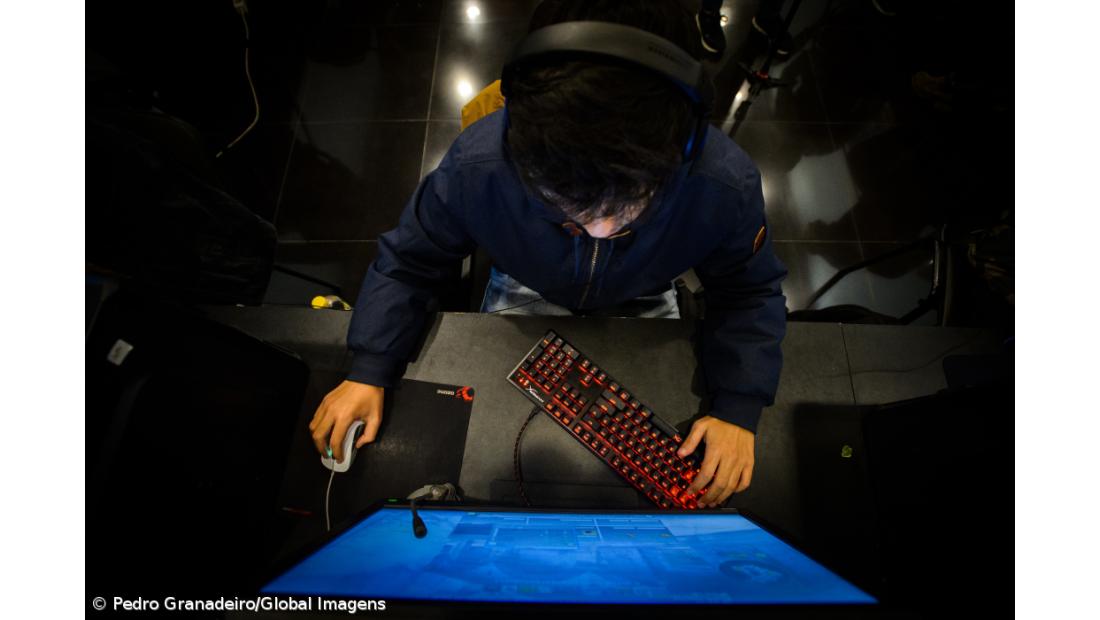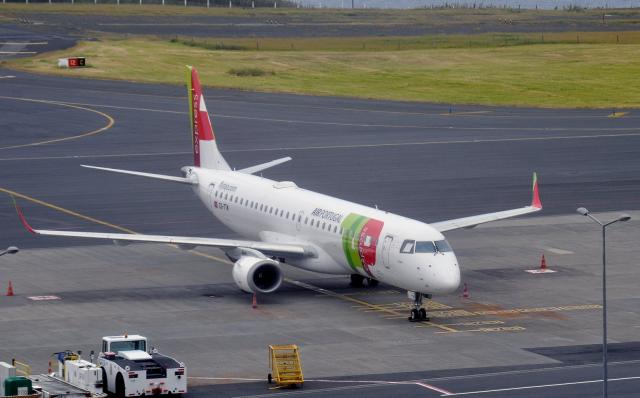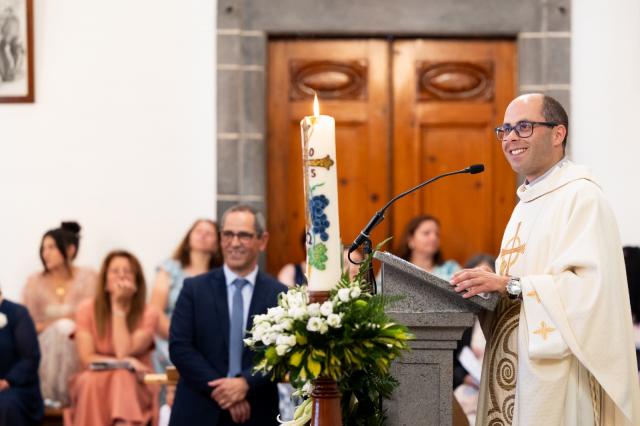The proportion of people aged 16 to 74 in the Azores in 2023 with digital skills at a low level or below is 50.7%. This is an increase compared to 2021, when less than half (48.8%) had this level of skills, reveals a survey by the National Statistics Institute (INE), as part of the 'Use of Information and Communication Technologies by Families'.
According to this data, in the Azores only 49.3% of the population in this age group has basic or above basic digital skills. This figure is lower than the national average of 56%.
Only the Alentejo region has worse figures, with more than half (52.2%) of people in this age group having digital skills below basic.
Using spreadsheet and word processing software, editing photographs, video and audio, and confirming the veracity of content found on the internet are examples of indicators used to measure the level of digital competence.
As for the categories of digital skills, these are divided into: above basic; basic; low; reduced; limited; no skills, and did not use the internet in the three months prior to the interview.
Also according to INE, the number of people in the Azores, in the age group analyzed, who used the internet in the three months prior to the interview is 86.8%, which is higher than the national average (85.8%).
In Portugal, the internet is used predominantly to communicate and access information. 92.2% of people use it to exchange instant messages (WhatsApp, Messenger, etc.); 87.5% to send or receive emails; 85.3% to search for information about products or services; 82.4% to make phone or video calls, 79.7% to read the news and 79.3% to access social networks. Listening to music (72.6%) and using banking services (68.6%) are other activities carried out by more than two thirds of internet users.
Despite having higher numbers of users than the Portuguese average, the Azores have the lowest number of people (61.7%) accessing websites of public bodies in the 12 months prior to the interview. A figure well below the national average (69.6%).
This is also the trend when it comes to using a Citizen's Card or Digital Mobile Key to authenticate and access online services. Only 27.2% of those interviewed in the region had used these in the 12 months prior to the interview, compared to 30.4% nationally.
Also according to data released by INE, in the Azores, 41% of people in this age group had used e-commerce in the three months prior to the interview. In mainland Portugal, this figure rises to 43.9%.
In 2023, the Azores was the second region with the highest number of households with an internet connection at home (93.6%) and a broadband connection (90.4%).
Only Área Metropolitana de Lisboa had a higher rate of home internet connection (94.6%) and broadband connection (91.3%). These figures are higher than the national average for internet connection (89%) and broadband connection (85.8%).
As for fixed and mobile internet connection at home, the Azores once again had the second highest usage rate in Portugal, with 89.3% and 46.4% respectively. Compared to the national average, this figure is higher for fixed connections (83.8%), but lower for mobile connections (49.5%).
It should be noted that, for the purposes of contextualizing the sample for the study, INE collected data from 7,672 households with at least one person aged 16 to 74 and the same number of people in this age group. The sample was "sized and stratified by NUTS II in order to produce representative estimates" for mainland Portugal, the Azores and Madeira.
A third of people find aggressive content on the Internet
According to the National Statistics Institute, in Portugal just over a third of people aged 16 to 74 (35.5%) encounter content that they perceive as aggressive, discriminatory or humiliating, in terms of nationality, ethnic or racial origin (27.9%), sexual identity or orientation (26%) and political or social positioning (25.5%), religion and spiritual belief (18.9%), biological sex (15.1%) and physical, cognitive or other disability (13.4%).







